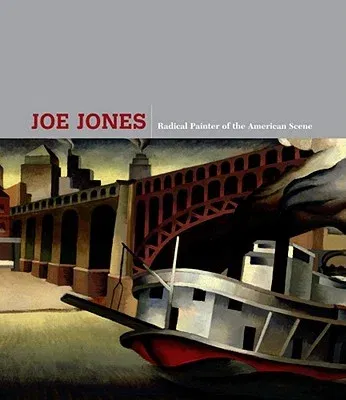Andrew Walker
(Author)Joe Jones: Radical Painter of the American SceneHardcover, 10 November 2010

Qty
1
Turbo
Ships in 2 - 3 days
In Stock
Free Delivery
Cash on Delivery
15 Days
Free Returns
Secure Checkout

Print Length
224 pages
Language
English
Publisher
St Louis Art Museum
Date Published
10 Nov 2010
ISBN-10
0891780947
ISBN-13
9780891780946
Description
Product Details
Author:
Book Format:
Hardcover
Country of Origin:
US
Date Published:
10 November 2010
Dimensions:
28.7 x
25.15 x
2.46 cm
ISBN-10:
0891780947
ISBN-13:
9780891780946
Language:
English
Location:
Seattle
Pages:
224
Publisher:
Weight:
1592.11 gm